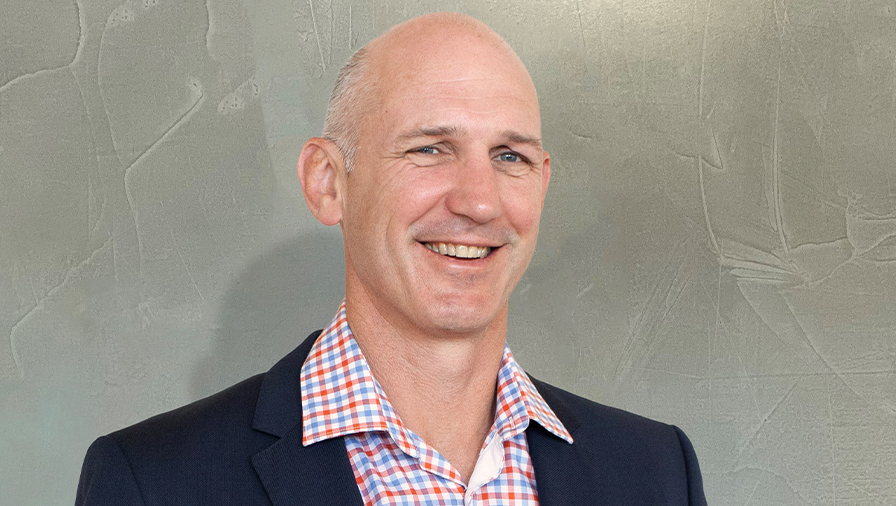All Black-founded property software firm enters UK market
Forbury provides Excel-based SaaS systems to Australasia's biggest property firms.
Forbury provides Excel-based SaaS systems to Australasia's biggest property firms.
Christchurch property valuation software firm Forbury has opened a London office, hoping to tap the US$745.5 billion ($1.06b) real estate investment market in the UK as it gears up internationally.
The company was officially founded in 2013 by former All Black & Crusader rugby player Steve Surridge, who had been offering Microsoft Excel-based bespoke property valuation models to major commercial real estate businesses in New Zealand since as far back as 2003.
As demand increased, the company pivoted to a licensing structure, laying the foundation for a cloud-based software as a service model, while opting to retain Excel as the front-end interface for familiarity’s sake.
Since 2013 the company has maintained an annual growth rate of 40% and established a presence in the Australian and Singaporean markets, with seven clients in the ASX-50.
Establishing the London office followed a successful validation study to better understand the needs and opportunities of the UK valuations market.
As part of this, the company created Datum, a UK-specific product for property acquisitions providing cash flow analysis with entry/exit yields for office and industrial properties.

Forbury chief executive Scott Willson said it was hard to gauge the total market opportunity for the company as some industry players use their own spreadsheets to make major investment decisions.
“Where we see a lot of growth in the market is actually when we go into pitch to a group, they're not using a competing product, they're using a spreadsheet that an analyst that left three years ago built for them, that Simon who is pretty good on the tools changes every now and then, that sort of thing.
“They just can't really trust and rely on the outcome, so we come up with a solution that is cloud-backed, backed by evidence, backed by validation of market, but still delivered up in a way that's accessible for them to really start using because it's based in Excel.”
Forbury’s largest competitor, American valuation provider Altus Group, estimates the market opportunity at around US$700b end-to-end, though the global value of commercial real estate assets is said to be about US$31 trillion.
London calling
Willson said the UK opportunity came about after talks with customers during the onset of the Covid-19, with customers actually calling to check in to make sure Forbury was surviving,
“What came out of that was all these introductions to networked individuals that were mostly in the UK. So we took advantage of the lockdown to really connect and work outside of our usual business hours, getting on these calls at night, connecting to people in the UK timezone to learn more about that market.”
He said that while there was an incumbent in the market, it was one Forbury had taken on successfully in its Australian foray, an experience that had taught the company the industry liked having more than one solution provider.
One change in entering the UK market was a refocusing of its target customers, which had previously been institutional valuation firms, the likes of CBRE, Knight Frank and Colliers.

In the build-up to its UK entrance, the majority of growth was coming from the asset owner segment, leading to the establishment of the Datum acquisition platform, which has been used by pilot customers since March.
With the establishment of the London office, Forbury has 26 employees across New Zealand, Australia and the UK.
The British market makes up around 9% of the global commercial real estate market, while the United States, Forbury’s next move pending success in the UK, makes up 40%.
So far, the business has been bootstrapped and is 74.35% owned by Surridge, with Willson holding 19.4% and five smaller shareholders making up the remainder.
While it hasn’t taken on external shareholders, it has received grant funding from Callaghan Innovation and New Zealand Trade and Enterprise.
“We're aware pursuing the next phase of our strategy will require different funding avenues. There's a bit of a live discussion at that moment about how we're going to pursue that, with the obvious venture capital prospects in mind, as well as any a number of other opportunities that we're looking at."
Sign up to get the latest stories and insights delivered to your inbox – free, every day.